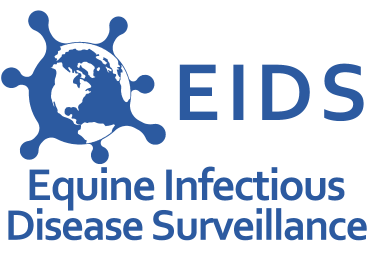Breed type affected
Reason for sampling
Diagnoses by veterinary practice location
Overview
The Surveillance of Equine Strangles (SES) network is a surveillance project based at the University of Cambridge - Equine Infectious Disease Surveillance (EIDS).
The SES Laboratory network is comprised of multiple diagnostic laboratories based across the UK, collating data from UK laboratory diagnoses of strangles.
Read about our research
2025: Unwelcome neighbours: Tracking the transmission of Streptococcus equi in the United Kingdom horse population
2021: Surveillance of strangles in UK horses between 2015 and 2019 based on laboratory detection of Streptococcus equi
Contact Dr. Abigail McGlennon
Strangles diagnoses definition
For the purposes of the analysis depicted in this website a Strangles diagnosis refers to an individual horse that has laboratory result(s) confirming Strangles. Where multiple samples from the same horse, either taken on the same date (different sample types) or on consecutive dates within a three-month period, were confirmed as positive for S. equi, this counted as a single diagnosis. While every effort is made to consolidate data accurately, laboratory based surveillance is reliant on information supplied on submission forms and this information can sometimes be incomplete.
Horse information
Breed type affected
Age distribution
Reason for sampling
Sex
Diagnostics
Most common sample types
Swab type breakdown
Diagnoses per month
Type of diagnostics performed
Locations
Diagnoses by veterinary practice location
Most affected regions
Clinical signs
Clinical sign frequency
Clinical signs combinations
This graph shows the clinical signs that are reported together within each diagnosis most often.
If only a single sign is listed, it means it was the only one reported for those diagnoses.

























